Never has humanity had more tools to speak. Yet communicating freely has rarely been harder. Mass surveillance is expanding, laws that widen intrusive powers are multiplying, and wars redraw the boundaries of what can be said, often making room for censorship.
🕊️ Freedom of communication is a fundamental right that must be defended, now!
A climate of censorship and control, everywhere, now
From war zones to advanced democracies, our communications face growing interruptions, surveillance, and filtering.
In 2024, NGOs recorded 296 internet shutdowns in 54 countries, 47 of which still persisted in early 2025. Shutdowns now routinely accompany elections, protests, and conflicts, notably in India, Bangladesh, Iran, and Myanmar. India alone counted 84 shutdowns in 2024, a record for a democracy.

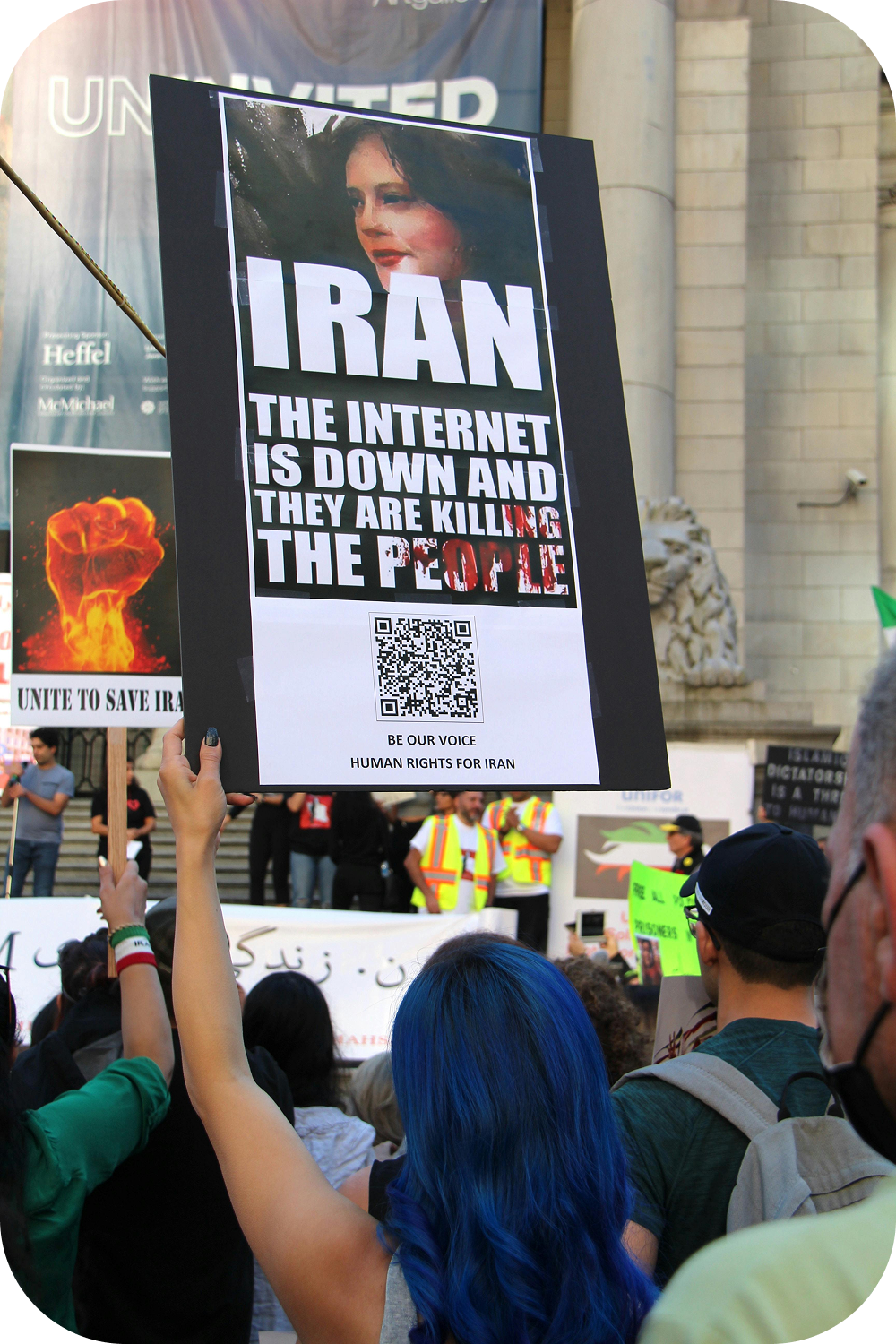

In armed conflicts, networks become targets. In Ukraine, infrastructure destruction regularly disrupts connectivity and the flow of information. In Gaza, the UN repeatedly reported complete blackouts, hampering humanitarian aid. Elsewhere, authorities have imposed sweeping blocks, like in Nepal, where a nationwide shutdown of 26 social platforms in September 2025 sparked major protests and deadly repression. Circumvention tools are also targeted: in Russia, nearly 200 VPN services were banned in autumn 2024, along with certain encrypted apps.

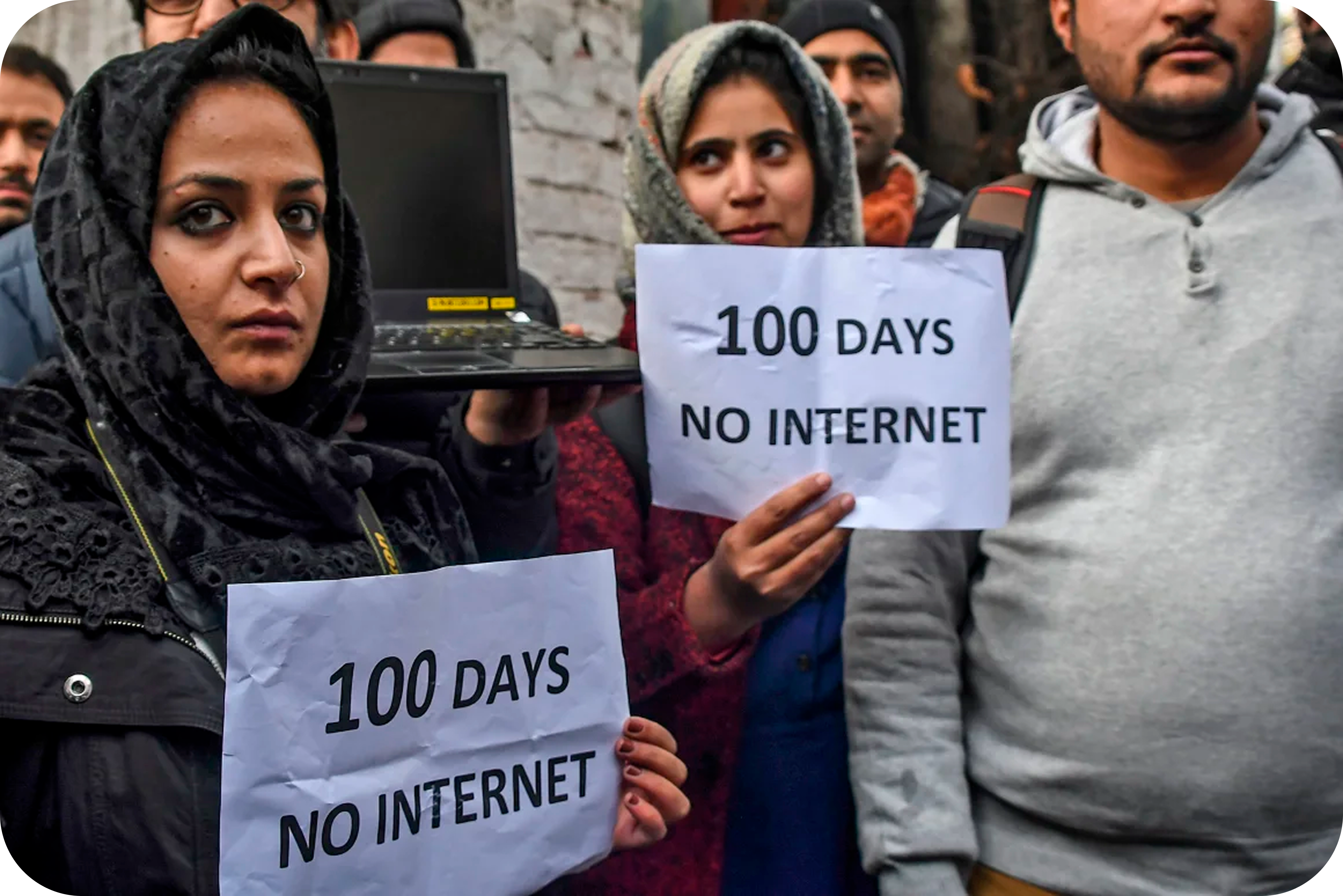
Youth-led movements born online have faced blocks, too. In Madagascar (late September 2025), a decentralized Gen Z movement triggered mass protests with tragic consequences. In Morocco, nighttime gatherings led by anonymous online groups (“GenZ 212”) escalated into riots, with hundreds injured and many arrests.
These episodes show how quickly mobilizations coordinated via social networks can emerge, and how platform pressure increases in response.


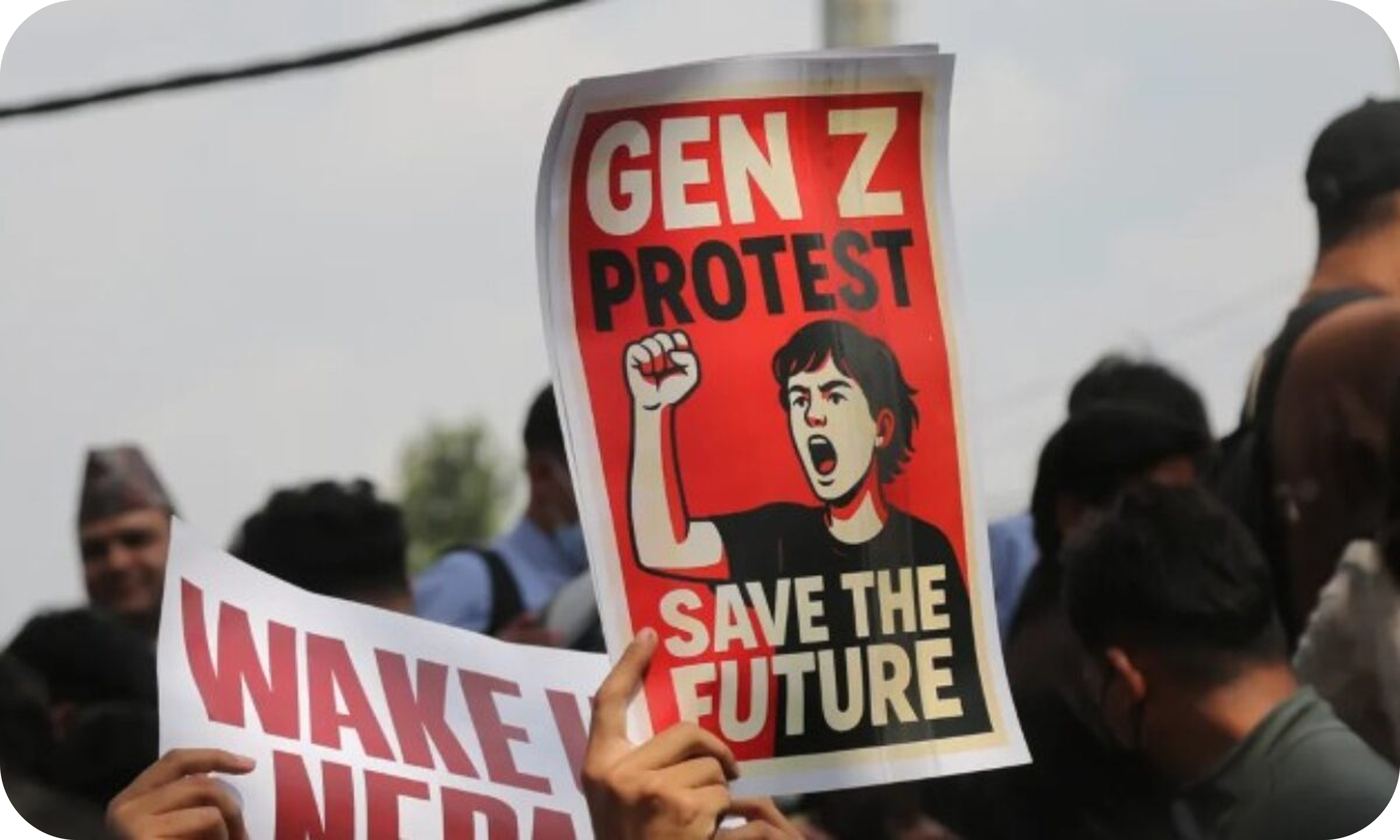
The legal framework is tightening in the West as well. In the United States, FISA Section 702 was reauthorized through April 2026 and remains highly contentious.
The Investigatory Powers (Amendment) Act 2024, in the UK, is being followed in 2025 by new codes of practice and regulations.
In the EU, the DSA opened non-compliance procedures against several major platforms, while the so-called Chat Control proposal returned to the Council with a vote announced for October 2025.
In this context, communications that minimize centralization, metadata collection, and choke points become a concrete need for civil society, journalists, NGOs, and, more broadly, for all citizens.
Platforms, AI, and data extraction: what is really happening
Major centralized platforms do more than carry our messages: they capture metadata (who talks to whom, when, from which device, etc.), profile behavior, and increasingly exploit our interactions with AI. Frances Haugen’s disclosures showed how engagement-driven recommendation systems favor polarizing and harmful content. A 2014 Facebook experiment also demonstrated that small tweaks to the newsfeed can influence users’ mood.

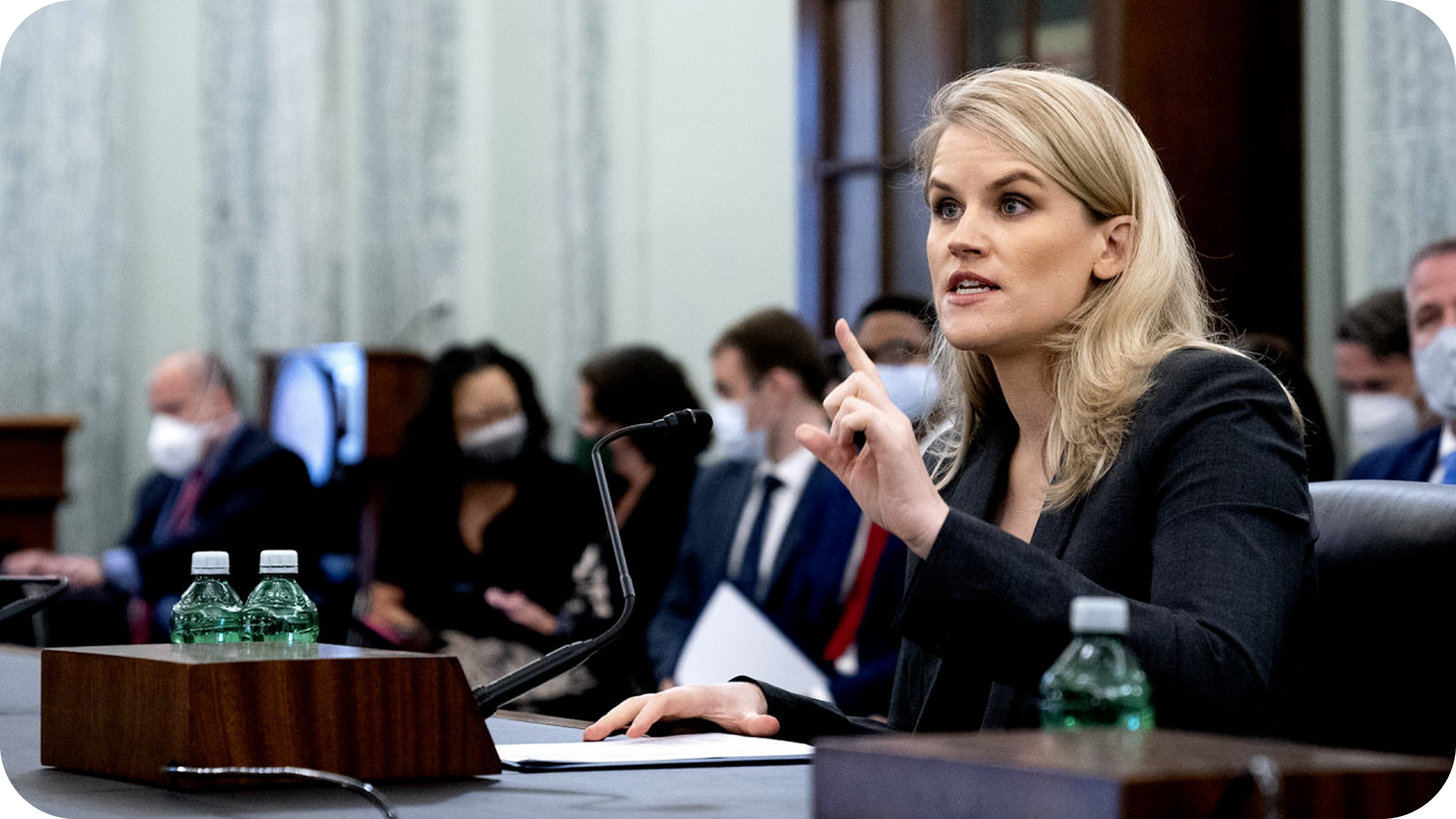

Even when message content is encrypted, metadata and algorithms remain levers for exploitation or censorship. Example: on WhatsApp, private exchanges are E2EE, but conversations with Meta AI are not; some functions send text to Meta’s servers via “private processing.” In 2025, Meta also announced it would resume training its models in Europe on public content (and interactions with Meta AI), with an objection mechanism. And in 2023, Meta received a record €1.2 billion GDPR fine for unlawful data transfers to the US.
Among messengers, Telegram does not enable E2EE by default: it applies only to Secret Chats (not groups). WeChat has been documented to surveil even non-Chinese accounts, using their content to improve censorship applied to Chinese users. X has adjusted its rules: the developer agreement forbids external model training on posts, but the privacy policy still allows certain training uses by partners, and the platform trains its own models.
Why Jami is necessary today: a practical response
The market is dominated by a handful of centralized platforms. Rather than one more platform, we need a different approach. That’s the alternative Jami is building.
Thanks to its distributed architecture, devices connect directly to one another (peer-to-peer), without a central server, which limits metadata capture, reduces choke points, and makes blocking harder. Jami end-to-end encryption provides persistent confidentiality, and the app requires no phone number and no personal data. By design, neither the developers nor Savoir-faire Linux can access your data: it stays on your devices.
As a GNU package (GPLv3+), developed under the stewardship of the Free Software Foundation, Jami is part of the digital commons. It guarantees code that is open, verifiable, modifiable, and reproducible.
Our mission is to offer everyone, wherever they are, a direct, private, and resilient space for conversation. We don’t rely on perfect laws; we shrink the surveillance and monetization surface by design. When networks go down or platforms obey opaque orders, peer-to-peer communication keeps working.
Call to action
The first campaign, completed in March 2024, raised CAD $403,162 and led to tangible improvements to Jami. Building on that momentum, our current goal is $1,000,000, displayed on the new donations page, to accelerate development and ensure the project’s long-term viability.
If Jami helps you, please donate what you can and help spread the word :
Why we need you
Today, a small team of about five developers is pushing Jami forward to make it reliable and accessible to all.
In 2024, the Eleutheria release had a clear goal: reduce bugs and strengthen robustness. Goal achieved: a week ago, we released Atlas, turning months of engineering into greater reliability.
Usage is clearly up in recent months, with more than 3,000 new users every day, compared to 200 per day last year. And the more Jami grows, the greater our responsibility (testing, maintenance, and support across all platforms). To keep pace and secure the project’s future, we need your support!
Why you can trust us
Jami moves forward thanks to Savoir-faire Linux, and donations from our global community.
Savoir-faire Linux is an independent company
specialized in free/libre and open-source software
Founded in 1999 in Montreal and also present in France, Savoir-faire Linux designs and integrates open-source solutions for public and private organizations. It has incubated and developed Jami since 2015, under the GNU project umbrella since 2016. In 2023, GNU Jami received the FSF’s Free Software Award for Projects of Social Benefit.
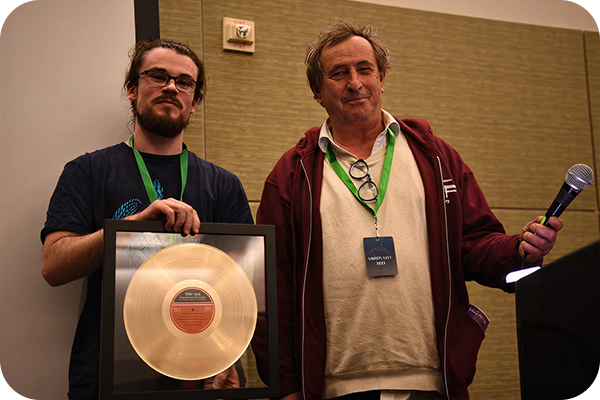
What your donations make possible
Your donations fund engineering time on Jami.
2025–2026 goals (direct user impact)
- Group calls performing well on all platforms: stronger stability and ergonomics
- Web version in preparation: improved accessibility without compromising security
- Advanced diagnostics tools to fix complex bugs faster, with strict privacy safeguards and explicit consent
- Better mobile performance: faster startup, lower power use, broader accessibility options
- Sustainable packaging: maintain the official Flatpak and keep improving other distribution channels
Planned spending breakdown
- 65% development and cross-platform maintenance
- 20% quality, testing, and diagnostics tools
- 10% documentation, community, and internationalization
- 5% minimal distribution infrastructure
A report on fund usage will be published at the end of the campaign.
Donating: a political act
Supporting Jami means choosing a different model.
No advertising. No shareholders to satisfy. What drives us is you. What keeps us going are your donations.
- Refuse data capture: remove your exchanges from systems built on metadata and opaque model training
- Strengthen freedom and resilience: fewer single points of blockage, more resistance to intrusive laws and information warfare
- Finance a common good: you back open-tools rather than an ad network
- A proven alternative: already used by 250,000+ people in 176 countries
- Direct impact: every donation directly funds our engineers’ work and sustains a small, dedicated team
“Saying you don’t care about the right to privacy because you have nothing to hide is no different from saying you don’t care about freedom of speech because you have nothing to say.” — Edward Snowden








